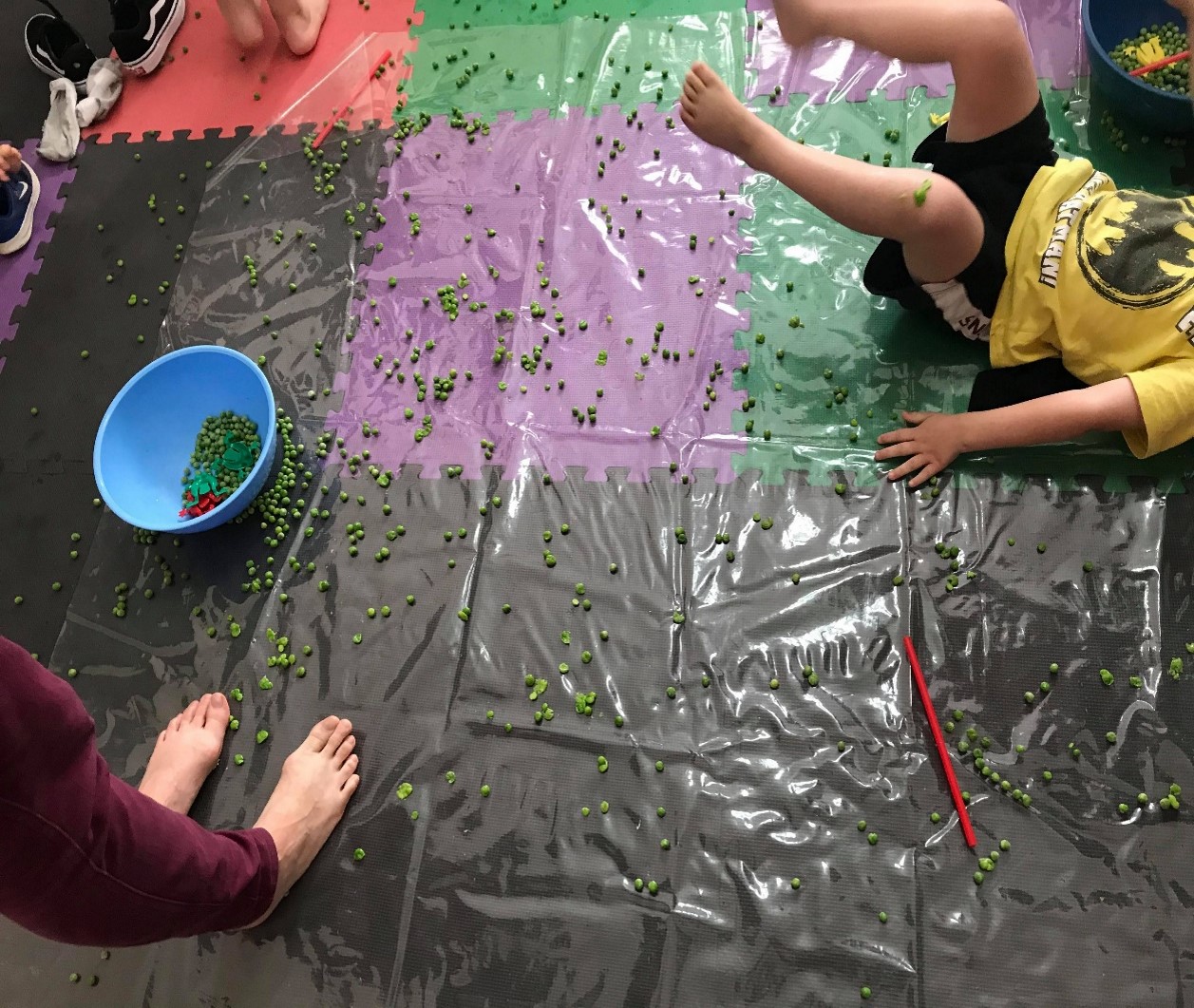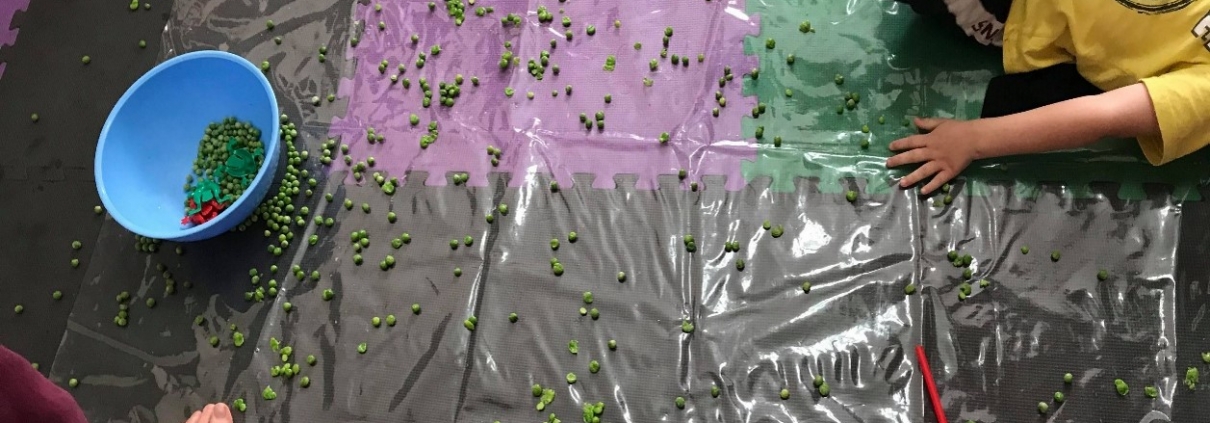
Learning to live with mealtime mess and the benefits in developing Adventurous Eaters.
Think about when you go to a restaurant and choose something new from the menu. It comes to the table and you are curious, you want to touch it, smell, and inspect it before you feel confident enough to taste it. Children use these same techniques when they are introduced to a new food for the first time. Because children’s sensory systems are still developing, they need to experience this new feeling and texture ALL OVER THEIR BODY. Children learn about their environment and the world around them through their senses, touching, smelling, listening, and tasting.
As children begin their food journey through the introduction of solids, they are open to a world of new smells, textures and feelings that until now are foreign to them. However, with this newfound way of exploring food comes……MESS. We can forever feel as though we are cleaning a messy toddler, highchairs and the whole dining room.
The mess provides huge amounts of positive sensory feedback to a child while allowing them to lick and taste the new foods they have spent a lot of time immersing their bodies in. As children grow the mess moves to their hands, again providing a significant amount of feedback to their mouths of what the new food may taste like, through the sensors in their hands.
Consider a medically fragile child who has had their hands in mittens to stop them pulling at the many tubes which are often stuck to their face or bodies; consider the child with physical disability whom is unable to use their hands; consider the child with sensory hyper sensitivity who can’t tolerate the feeling of ‘mess’ on their hands or body – all of these children have had altered experiences to learning about foods through their hands.
This is why it is so important to allow our children to be messy with foods as a way of exploring the new smell, texture and feeling the food provides to our body. This is a first step in raising adventurous eaters! Some children continue to struggle with these feelings and sensations and may benefit from support from an Occupational Therapist to support their development in this area.
Rebecca Barnard
Occupational Therapist





